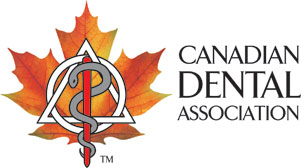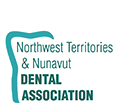Preamble
The safety and effectiveness of any restorative filling material is important to both patients and dentists. This position statement addresses concerns related to the mercury content of dental amalgam, raised by some members of the public and the dental profession.
Position
Current scientific evidence supports the use of dental amalgam as an effective and safe restorative filling material that provides a long-lasting solution for a broad range of clinical situations. Dental amalgam delivers significant benefits compared to other filling materials with respect to ease of use and longevity, especially in patients with a high risk of tooth decay.
The potential environmental impact of the mercury content found in dental amalgam can be managed through the implementation of best management practices, such as those outlined in the Memorandum of Understanding respecting the implementation of the Canada-Wide Standard on Mercury for Dental Amalgam Waste, signed by Environment Canada and the Canadian Dental Association in 2002. The Minamata Convention is a global treaty designed to protect human health and the environment from the adverse effects of mercury. Ratified by Canada in 2017, the Minamata Convention seeks to eliminate environmental risks by phasing down the use of dental amalgam worldwide.
Replacing functional or serviceable dental amalgam fillings (restorations) is unnecessary and ill-advised for reasons related to safety concerns or perceived health needs. A conservative approach to filling replacement, combined with effective decay prevention, is strongly advised to help maintain the dentition over a lifetime.
Dentists have a responsibility to ensure that any recommended treatment reflects the ethical and quality-of-care standards of the profession and that informed patient consent has been obtained. Specific clinical circumstances and facts should be discussed by dentists and their patients or decision makers (i.e., parents or guardians for dependents), so that the most appropriate filling material for a particular clinical situation is selected. Patients who request replacement of serviceable restorations need to be provided with sufficient information to understand the implications of this request.
CDA Board of Directors
Approved: February 2005
Revised: February 2021











